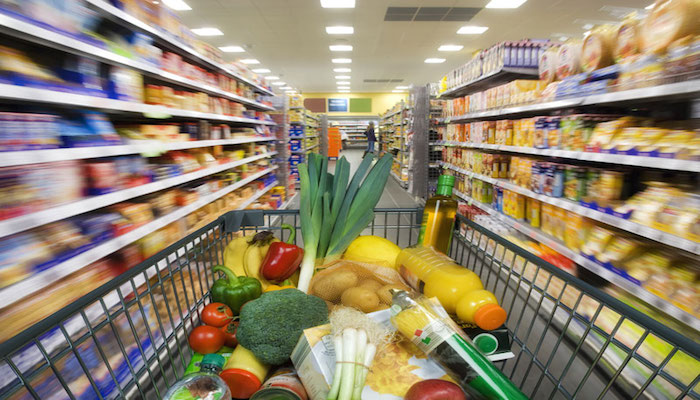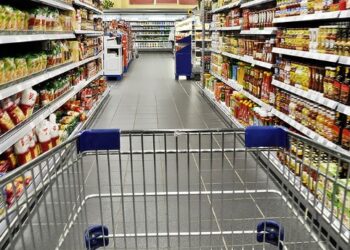The coronavirus disease (COVID-19) outbreak has become a global threat as it has led to shut down of economies around the world. Apart from the health crises caused by this disease, it has also led to lockdowns and travel restriction as one of the measures to contain its spread.
This has had a lot of effects on the global economy, consumer demand, businesses, revenue generation, employment and so on.
A report from McKinsey & Company, which was seen by Nairametrics, looks at the impact of the coronavirus disease on consumer packaged goods (CPG) in Nigeria.
Consumer Packaged Goods are items that are used daily by average consumers that require routine replacement or replenishment such as food beverages, clothes, tobacco, household products and so on.
[READ MORE: COVID-19: SEC issues guidelines for AGMs, other measures)
What McKinsey expects:
According to the report some major drivers in the COVID-19 pandemic will matter most for Nigeria’s economic growth. These include oil prices, Consumer demand, Trade & Investment, Non-oil exports and Investment & Capital Inflow.
Experts believe that COVID-19 will have varied impacts across consumer goods segment. These include
- Food items like staple products (flour, noodles, rice, pasta) and canned/frozen products is likely going to have increase in demand. Foodservice focused businesses are expected to have an 80% decrease in demand.
- Beverages will experience limited impact on overall consumption, but there will be short-term increase in selected non-alcoholic beverages like water.
- As for consumer health, there will be strong demand for over the counter (OTC) products.
- In the household products segment, there will be increased demand in basic and essential products like tissues, toilet paper, soap. Reduction in discretionary spending especially for items with higher value is expected.
- There should be limited impact on the demand for tobacco.
Emerging reality for CPG companies in Nigeria; expert’s opinion in the McKinsey & Company report, looked at the impact from the different subsets;
For local sourcing, businesses with dollar-based input costs are expected to experience pressure on their profits due to increase in Naira value of those goods and shrinking consumer wallets.
Modern trade and e-commerce are already seeing huge increase in sales in urban areas. There is strong demand for shelf-life products like beverages, dry goods and reduction in spending on cosmetics and luxury items.
[READ ALSO: Dangote, Otedola, Elumelu, Ovia, others donate N19.48 billion to COVID-19 relief fund)
As for trade downs from mainstream to value, the sales of mainstream portfolio are expected to decrease as value segment gains from trade downs (replacing an item which is larger and more expensive with one that is smaller and less expensive). This is expected to reshape the profit and loss accounts of many companies.
In addition, the traditional trade sales are expected to shift from open markets to neighbourhoods thereby creating new look at Contract Van Sales model. The branded items would experience decline in demand in favour of anything available as they will lose market share. The traditional distributors will struggle to meet new logistics challenges as joint venture with logistics providers keeps growing.



















